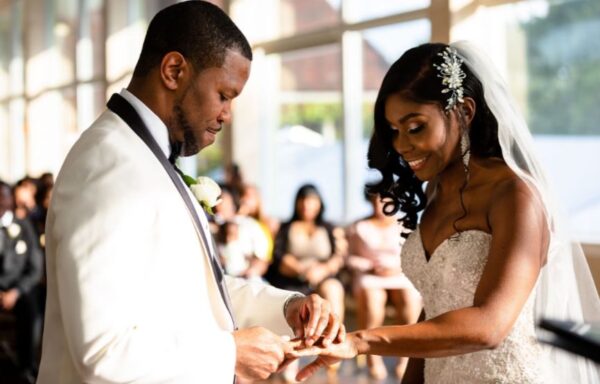Lifestyle
Here’s the number 1 phrase happy couples say to each other often, according to psychologists

Many factors make a relationship successful; however, the basic ones are making sure your partner feels appreciated and acknowledged for their efforts and making sure they are seen.
All these can be felt and experienced with one specific phrase, according to CNBC‘s Dr John Gottman and Dr Julie Schwartz Gottman. They’ve been married for 35 years and, in those years, have worked with over 40 000 couples.
They say it is easy for couples to fall into the trap of seeing what their partners are not doing, and to combat this, they have to get rid of the toxic mindset and build a newer and more positive one.
This would mean scanning for the positives and using the phrase ‘Thank you’ often. Dr Gottman and Dr Schwartz say they found that when one person in the relationship started the cycle of appreciation, it encouraged the other person to join in and strengthen the appreciation.
The psychologists also gave couples a two-step assignment that will help make their relationships more successful; it includes being an anthropologist in your relationship and repeating the phrase ‘Thank You’ every day.
Be an anthropologist:
Here is when you pay close attention to your partner’s positive behaviour and document it. Look at simple things like – if they washed dishes or made you a cup of coffee, especially when they intended on making one for themselves only. However, this doesn’t have to be a weird experience; you can let your partner know that you are observing them, and it won’t change how they behave if they know.
Say ‘Thank you’:
Pay attention to the things that matter to you, whether big or small, that your partner does on a daily basis. When they do those things, thank your partner by explaining why what they did is important to you.
A perfect example of this is when they make you a cup of tea every morning, and you thank them and tell them why fresh tea is your favourite thing every morning.
The psychologists add that while trying these out, you might experience some challenges, but it is important that you keep in mind that you are doing this to change your mental habits and not your partner’s.










